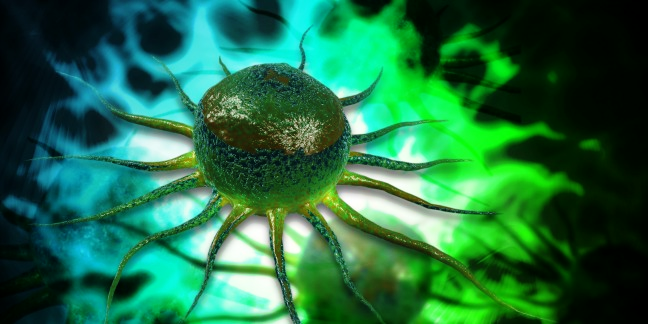
Israelis Find a Cure for the Stem Cell Debate
Weizmann discovery makes moral and legal questions surrounding embryonic stem cells moot, because they won’t be needed anymore.
By now, the fact that Israel is the world’s innovation hub is no longer a hot news flash. But a recent medical/scientific breakthrough emanating from the Weizmann Institute illustrates the significance of Israeli ingenuity beyond the obvious concrete and financial benefits.
The important and widely publicized revelation, conducted by a research team headed by Dr. Yaqub Hanna, involves the production of stem cells.
More specifically, it is the key to releasing the “brake” that holds back the reprogramming of mature stem cells to make them immature and pluripotent – capable of developing into all tissues of the body — a process whose discovery by scientists John B. Gurdon and Shinya Yamanaka led to their joint 2012 Nobel Prize.
The trouble with the reprogramming procedure, however, was that it was neither quick nor efficient, which has made it thus far unusable for actual medical purposes.
And herein lies the reason that the current Israeli team’s findings are being treated with such fanfare: They have solved the problem of speed in the process of inducing the kind of stem cells needed to treat and cure a variety of diseases — without the need to destroy human embryos.
It was Gurden and Yamanaka who discovered that embryonic-like stem cells can be created from adult skin cells. This was a great discovery, prior to which the only way to harvest stem cells was to remove the inner mass of an embryo. This practice raised moral and legal questions that are still being argued across the world, among them whether a human embryo is actually a child, and whether destroying an embryo is justifiable in order to save lives.
The Israeli team has figured out how to avoid using embryos altogether. It is a huge accomplishment, as it not only takes a scientific breakthrough to the next level, but is likely to eliminate a whole series of ethical dilemmas hindering medical progress.
It is truly the start of something big, and gives new meaning to the phrase “a light unto the nations.”
By: Ruthie Blum


